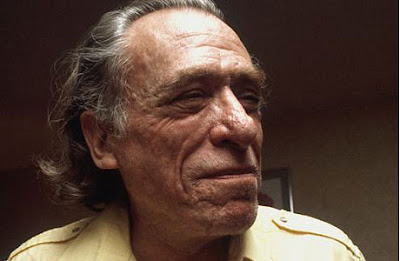Clichés are beside the point.
The point is that I had a fantastic, and fantastically tiring, birthday. It began before 6am with the whining beep of my yin's iPod and didn't stop until nearly 11 o'clock that night. In between, I encountered a snoring macaw and a black bean cake disguised as chocolate.
"It doesn't have any wheat or sugar," my yin said.
"Really? What's in it."
"Why don't you finish eating that piece first..."Everyone's first question after hearing this, of course, is what potential side effects resulted from this flatulent dessert. Surprisingly little, and other than the occasionally extra-beany bite, it wasn't all that bad.
Anyway, 34 doesn't feel that much different than 33, except that it comes with the mild satisfaction of having outlived either Jesus or Alexander the Great. Of course, one falls short when compared by virtually any other metric, but this is also beside the point.
The point is that I was truly moved by the barrage of goodwill posed on the wall of my social networking site (yes, I am still afraid of the f-word.)
As important as the words to me was the form, especially the loving parentheticals that alternately hugged sentimentality, irony, and reminiscence. Besides the one that started this post, some favorites (in no particular order) included:
"I got you a wallet for your birthday -
it's the one that says bad mother f**ker on it.
(I still crack up thinking about that)."
"Happy Day Day"
"and finally, Happy Birthday!... but this is beside the point -- oh wait, no it's not!"
"today is teh international day of Hope ! and it´s your birthday cool !"
"Have an OK birthday, J_____.
(Prevents disappointment, I find)"
"happy birthday j-dawg!
(remember when everyone in college called you j-dawg?)"
it's the one that says bad mother f**ker on it.
(I still crack up thinking about that)."
"Happy Day Day"
"and finally, Happy Birthday!... but this is beside the point -- oh wait, no it's not!"
"today is teh international day of Hope ! and it´s your birthday cool !"
"Have an OK birthday, J_____.
(Prevents disappointment, I find)"
"happy birthday j-dawg!
(remember when everyone in college called you j-dawg?)"
(For the record, no one called me that... at least I hope not.)
Anyway, I thank everyone for the warm wishes, kind words and laughter. I look forward to the year ahead, which includes marriage and graduation and cross-country travels and who knows how many other adventures large and small. There will undoubtedly be revelations and mystery, profundity and banality, and I hope that his year will be the best of those that came before, the least of those that lie ahead. As ever...
J_____











































